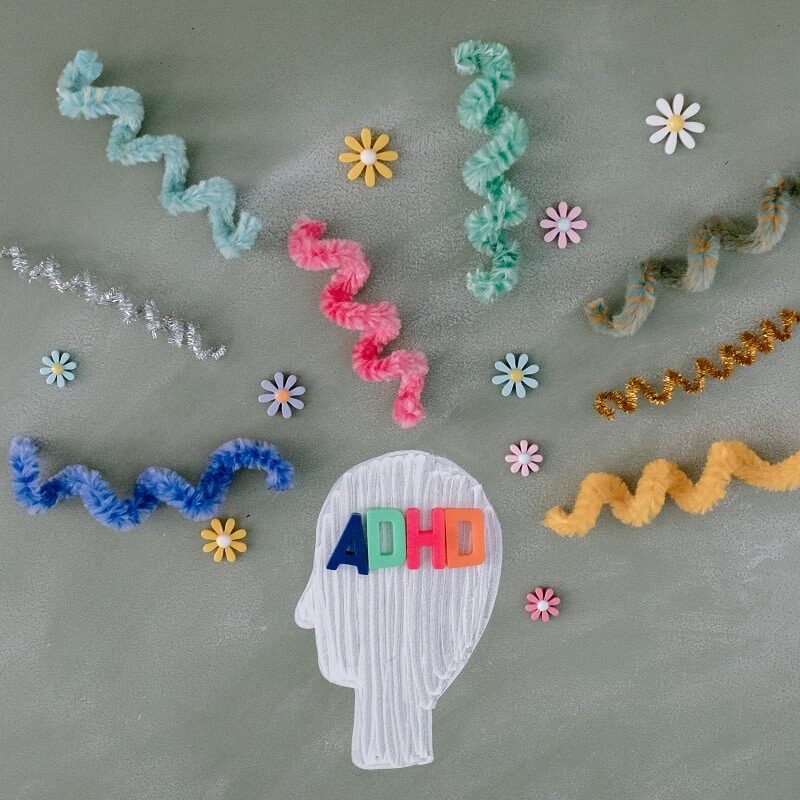
Testing & Assessment
Assessment, Psychological Evaluation, and Testing: What's the Difference?
Simply put, assessment is the process of documenting attitudes, beliefs, knowledge, and skills. Evaluation is the process of making judgments based on criteria and evidence. Testing measures an individual's level of knowledge or skills.

Assessment
We provide Assessment to adults and children ages 6 and up. This type of assessment is conducted to determine whether an individual meets criteria for ADHD, Autism, or another diagnosis, and to provide recommendations for clinical interventions. In order to receive an accurate diagnosis, it is necessary to have symptoms evaluated more thoroughly using scientifically supported measures and a comprehensive clinical interview. Traits of ADHD or Autism can look like many other disorders, i.e., physiological issues, anxiety, mood disorders, response to trauma, etc. It is important to have a clear diagnosis in order to accurately treat the symptoms effectively.

Psychological Evaluation
We provide Psychological Evaluation to adults and children ages 6 and up. This type of assessment is conducted when there is a question about mental health issues that need the guidance of diagnostic clarification to assist with treatment planning and therapeutic interventions. Types of tests that might be included with this type of assessment include cognitive/intellectual functioning, personality tests, and brief screening questionnaires completed by the client and/or others who know them well. A thorough interview is always conducted in one or two sessions with the client and possibly other individuals who are able to provide relevant information for the assessment. Personality tests are usually completed in the office or under supervision if administered online. Brief questionnaires may be given or sent to the client to be completed and returned at the next meeting.
Meet Our Psychologist

Dr. Gayatri Sardana, PsyD - Licensed Clinical Psychologist
Dr. Gayatri Sardana, Licensed Clinical Psychologist, has been providing psychotherapy, testing, and evaluation for children and young adults for the past few years. She specializes in working with children and is well-versed in educational testing to identify interventions that will help parents and educators better support children in the school setting
What happens in an ADHD evaluation?
After all information and data is gathered, a summary report will be composed, and we will schedule a time to meet with the parents and/or client to review the results and discuss recommendations. Certain institutions also require completion of specific tests and assessments in order to approve accommodations for standardized college entrance tests. Based on our experience and training in assessment, this is the protocol that we offer for an ADHD evaluation:
- A Clinical Interview. A comprehensive clinical interview with the family and client is the most important means of acquiring information about symptoms, family medical and psychiatric history, specific issues and coping styles, and behavioral observation. (2-3 hours)
- Behavioral Rating Scales. These are given to parents/teachers/caregivers and provide information regarding behavior across settings. (For an ADHD diagnosis, certain behaviors must be seen across more than one setting). These rating scales provide scientifically supported data for diagnosis and should be included in ADHD evaluations.
- Executive Functioning Rating Scales. Executive functioning is the ability to plan, organize, sequence, and self-monitor and modulate behavior. Research shows that neural circuitry governing these skills is different in people with ADHD.
- Other Screening Instruments, as needed. To assess for other co-occurring problems, such as anxiety disorders, mood disorders, other developmental disorders, or a learning disability, other screening instruments may be needed.
- Cognitive Measures of Intelligence or Tests of Achievement. Institutions, i.e., schools or colleges, sometimes require additional tests of intellectual/cognitive assessment to approve certain services and accommodations provided to people who meet diagnostic criteria for ADHD. When full cognitive/intellectual testing is necessary, more time is required to complete the assessment and the fee is higher. If an institution requires a specific test to be completed for an accommodation, other test(s) may be given to complete the assessment.
- Written Report and Feedback Session. After all information is gathered, a report will be composed, including a well-informed diagnosis and recommendations for support and treatment. This information is presented in a final feedback session with the individual (and parents if the client is a minor).
Testing Environment and Cost
It is possible to complete many psychological assessment measures via telehealth; however, some tests may need to be done in person or with an assistant on site to facilitate administration. In either situation, it is important that the testing be completed in a quiet place where the client will not be interrupted or disturbed. Some measures may be provided to the client, family or other team members to be completed independently and returned at the next meeting.
Regarding psychological assessments and evaluations, each client is different and hours may vary. The billable rate includes time for evaluation, assessment, testing, and report-writing. The billing amount will be determined during your initial consultation. A significant amount of time and attention goes into this process in order to provide you with a complete and accurate assessment. You can expect to pay between $2000-$3000, depending on the type of psychological assessment needed.
Contact us today for a FREE consultation!
Determine if an assessment is right for you or your child.
Call (703) 327-0335 or complete our brief online form.
Helpful Resources & Quick Links
The ADDitude website also has a lot of helpful information about ADHD and other associated problems.

